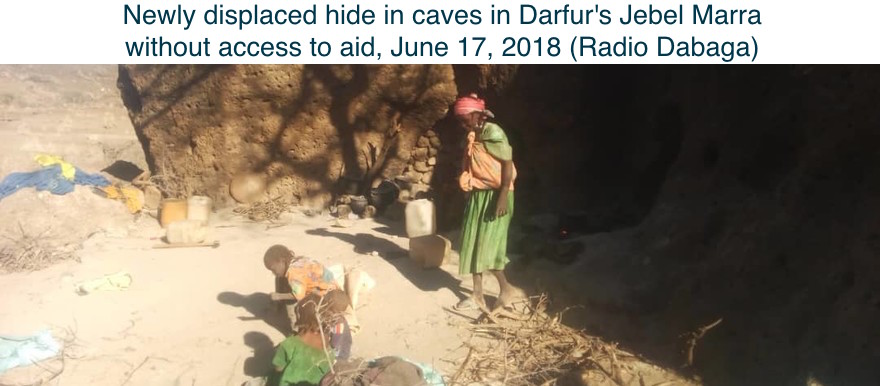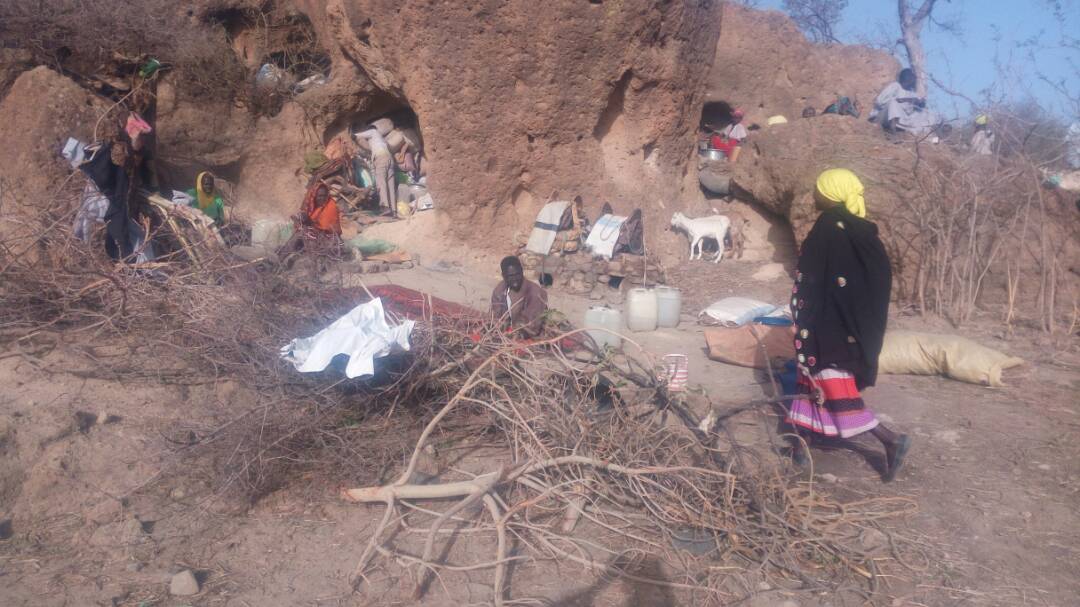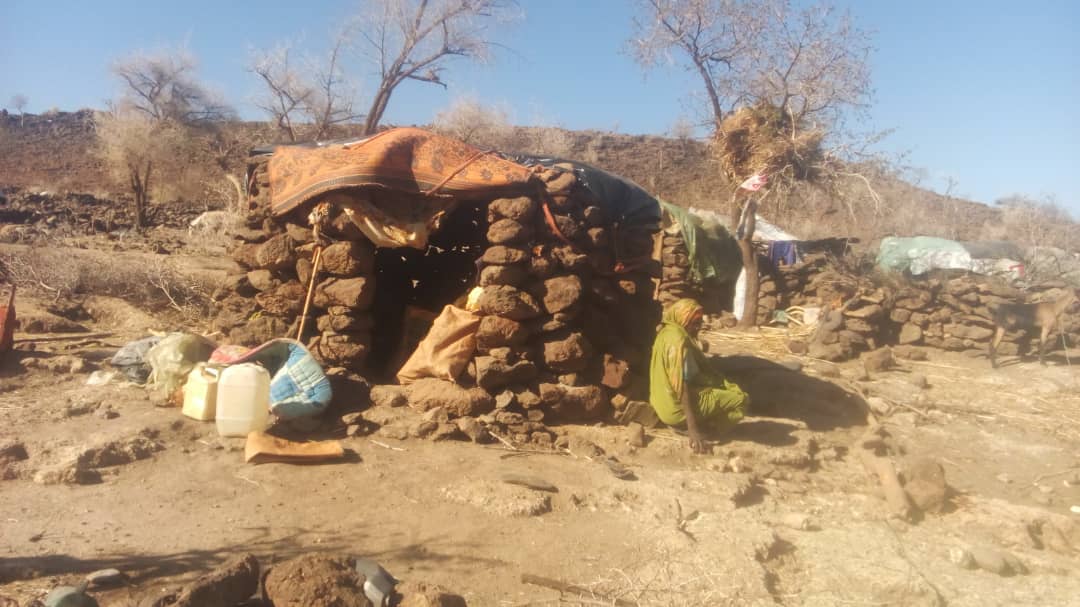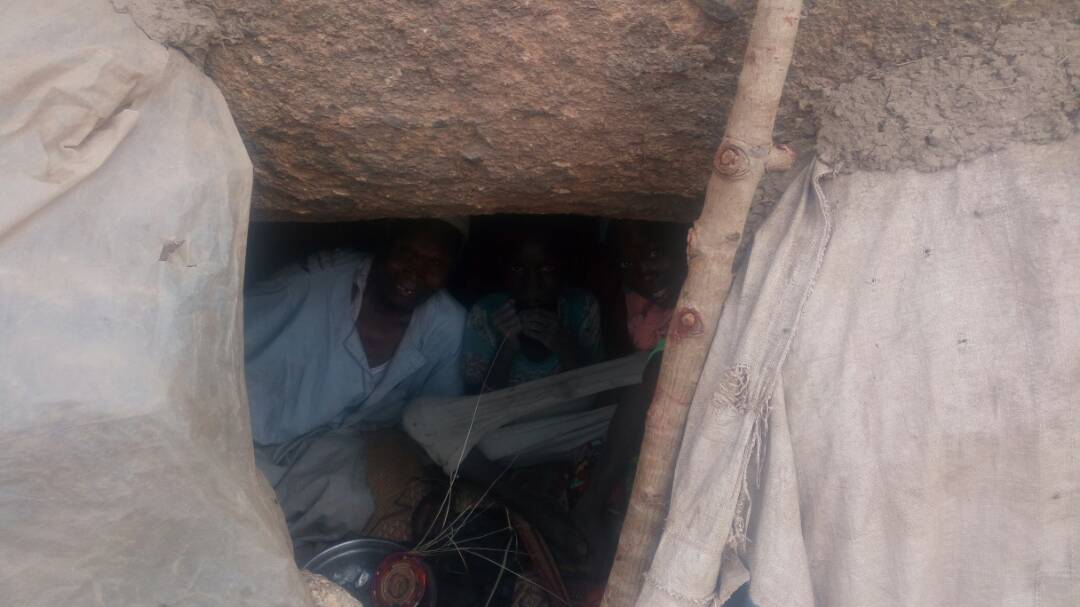The World is Silent as Khartoum Continues Its Genocidal Assault on Civilians in Jebel Marra, Darfur
Eric Reeves | June 19, 2018 | https://wp.me/p45rOG-2fB
As the UN Security Council prepares to eviscerate even further the UN/African Union Mission in Darfur (UNAMID), the one “area” of acknowledged “concern” is Jebel Marra and east Jebel Marra, a region that can be thought of as either sharply delineated (as UNAMID would have us believe appropriate) or as covering tens of thousands of square kilometers—the area in which recent militia attacks on civilians have occurred. See |
“Glimpses of Continuing Slow-Motion Genocide in Darfur: Recent Reports of Ethnically-Targeted Violence,” May 30, 2018 | https://wp.me/p45rOG-2fs
“The Final Abandonment of Darfur Formally Ratified by UN and African Union,” June 12, 2018 | https://wp.me/p45rOG-2fy
We don’t know how many people have been newly displaced following the brutal attacks by Khartoum’s militia force of choice, the Rapid Support Forces (now officially part of the Khartoum regime) and its regular military forces (the Sudan Armed Forces, or SAF). There is no humanitarian access to the region because Khartoum continues to deny such access (see below), and as a consequence there has been no humanitarian assessment of need or even of the number displaced. Radio Dabanga has provided a steady stream of reports on the violence in the greater Jebel Marra area for many months and has consistently used the figure of 50,000 for the central parts of the region. We can’t know, but have no reason to doubt this figure in the absence of humanitarian assessment.
That UNAMID cannot secure such access, despite its explicit mandate to do so, marks yet again the abject failure of this poorly supported Mission, with its long history of appalling leadership. UNAMID’s history of making wildly excessive claims, over many years, about diminished violence in Darfur should be a cautionary fact should UNAMID pronouncements on Jebel Marra be forthcoming (the Mission officially deployed in January 2008, over a decade ago).
The violence against civilians includes indiscriminate artillery bombardment of targets nowhere near rebel forces; the murder and rape of civilians by militia and regular military forces; widespread pillaging; and widespread village destruction, including the cutting down of thousands of mature fruit trees on the farms of non-Arab/African civilians—part of an ongoing campaign to ensure that those displaced have nothing to return to. The Jebel Marra and East Jebel Marra regions have been under continual assault for more that four years.
The most basic fact here is that even as UNAMID prepares for further radical reductions in the force originally deployed, genocide continues in Darfur. Any diminishment of violence reflects only the grim successes of fifteen years of genocidal counter-insurgency. But the terms of the 1948 UN Convention on the Prevention and Punishment of the Crime of Genocide remain all too relevant to what is reported on a daily basis by Radio Dabanga:
Article 2
In the present Convention, genocide means any of the following acts committed with intent to destroy, in whole or in part, a national, ethnical, racial or religious group, as such:
(a) Killing members of the group;
(b) Causing serious bodily or mental harm to members of the group;
(c) Deliberately inflicting on the group conditions of life calculated to bring about its physical destruction in whole or in part;
(d) Imposing measures intended to prevent births within the group;
(e) Forcibly transferring children of the group to another group.
The first four of these acts are committed regularly by Khartoum’s forces and reported by Radio Dabanga.
I recently had the privilege of visiting Radio Dabanga headquarters and studios in Amsterdam, The Netherlands. I can attest personally to the professionalism, dedication, and quality of the people and reporting work of this extraordinary news organization. And yet its dispatches are completely ignored by UNAMID and its grossly corrupt leadership, by the UN Department of Peacekeeping Operations, and by the African Union Peace and Security Council. This ignoring appears to make the currently designated further reductions in civilian and humanitarian protection in Darfur unnewsworthy, even as the UN Security Council prepares to ratify these reductions. But the complete silence of the international community as a whole, in the face of continuing genocide, is a fact that history will judge savagely—and likely mark as the point in which the demise of the 1948 Convention was completed.
• Videos: “New Jebel Marra displaced still without aid” | Radio Dabanga, June 18, 2018 | JEBEL MARRA
New displaced in Jebel Marra are still living in caves and valleys in the area without any humanitarian aid. Activists told Radio Dabanga that the authorities refused to grant permits to international relief organisations to intervene and provide humanitarian assistance. They urged the government “to allow international organisations to intervene immediately before the rainy season worsens the humanitarian situation.”
Tens of thousands of people in eastern and southern Jebel Marra were forced to flee their homes during the last four months, when their villages were attacked by government forces. Since early March, Sudanese army troops and allied paramilitaries are attempting to eliminate the last strongholds of the Sudan Liberation Movement under the leadership of Abdelwahid El Nur in the mountainous region. An unknown number of villages in the area of Feina, Libei, Sawani, Katur, and Sabun El Fagur were plundered and set on fire. In early April, activists told Radio Dabanga that an estimated 50,000 people fled the fighting and militia attacks on their villages.
[June 17, 2018 Radio Dabanga videos at | https://www.dabangasudan.org/en/all-news/article/videos-new-jebel-marra-displaced-still-without-aid ]
An activist interviewed displaced families living in the open in southeast Jebel Marra. A young woman told him that they fled their homes more than two months ago. They are not able to return “because there is nothing any more to return to. “The janjaweed plundered our villages and burned them to ashes,” she said. They have not received help, except from people living in the neighbourhood. She also said that many displaced are suffering from diarrhoea. Another woman told the interviewer that they fled their village “more than 30 days ago”. The government also plundered their village and set fire to the houses. And the people as well suffer from diarrhoea.
Tenuous life in the caves of Jebel Marra



